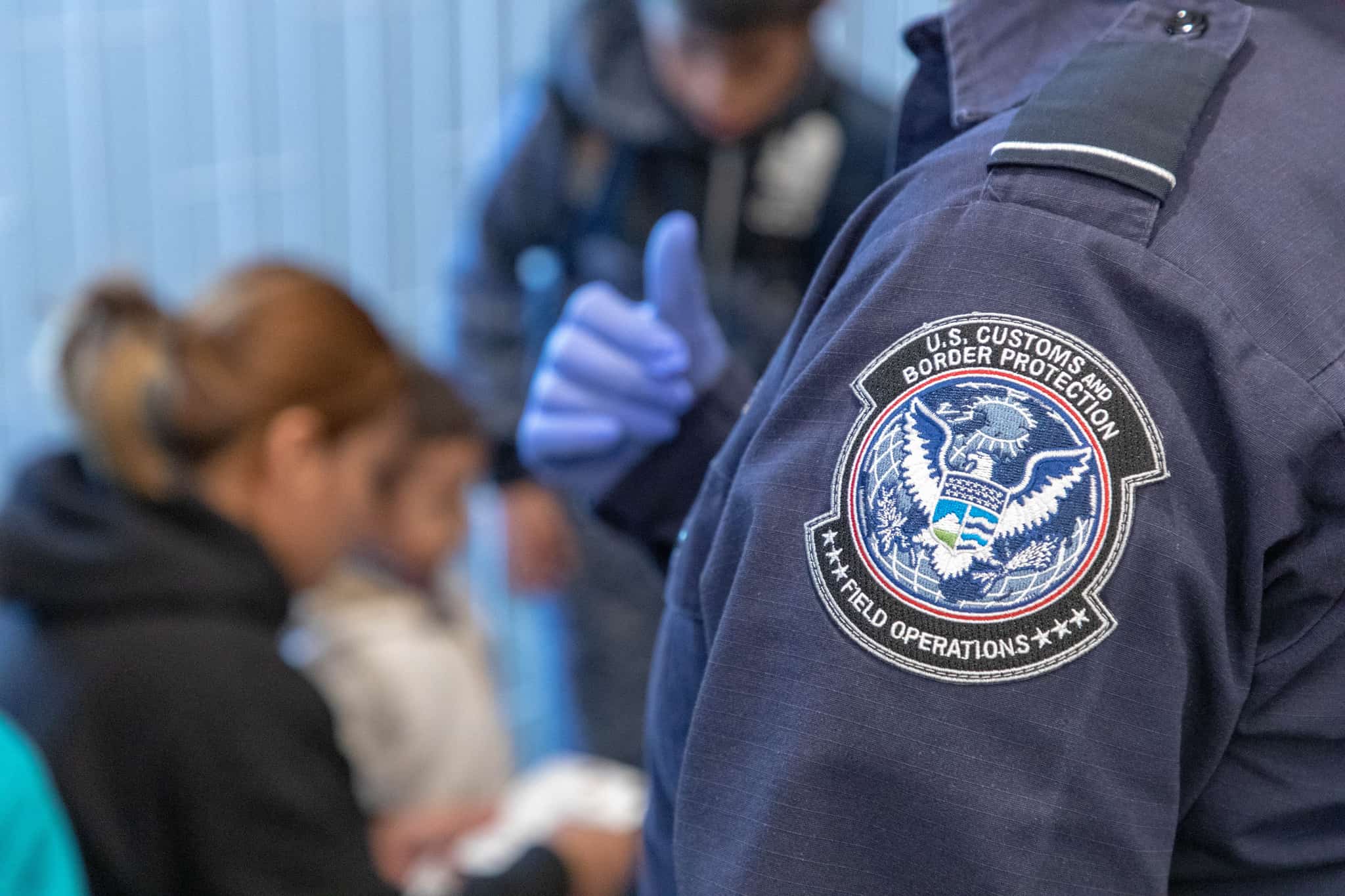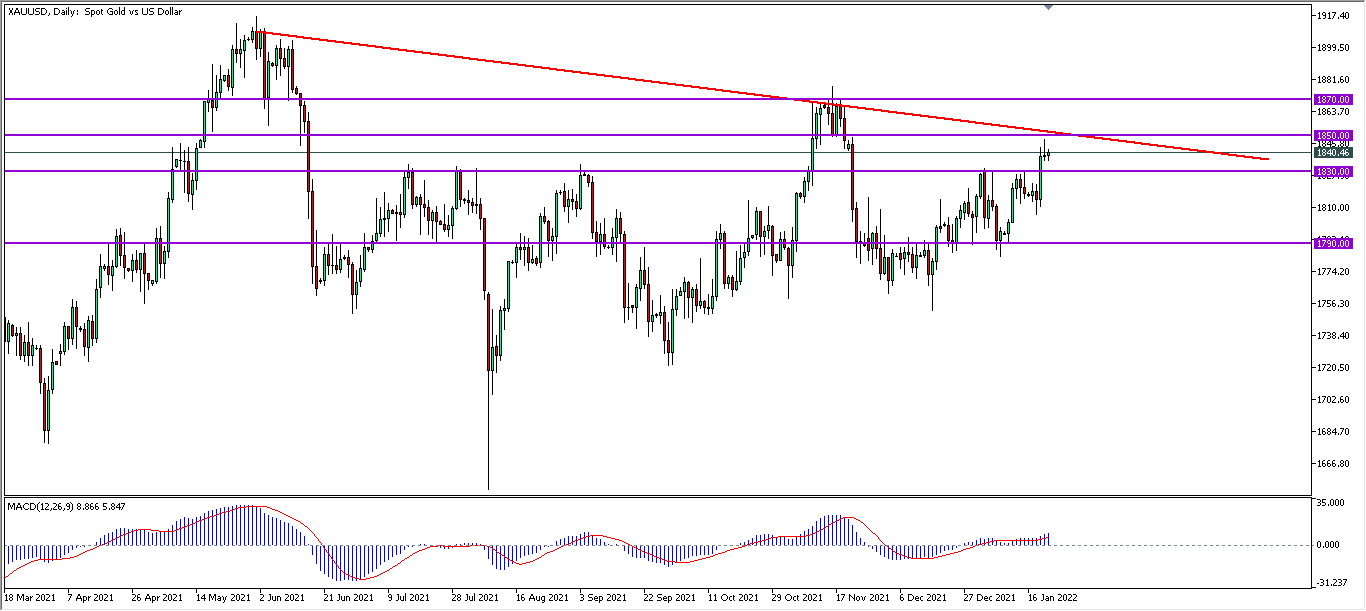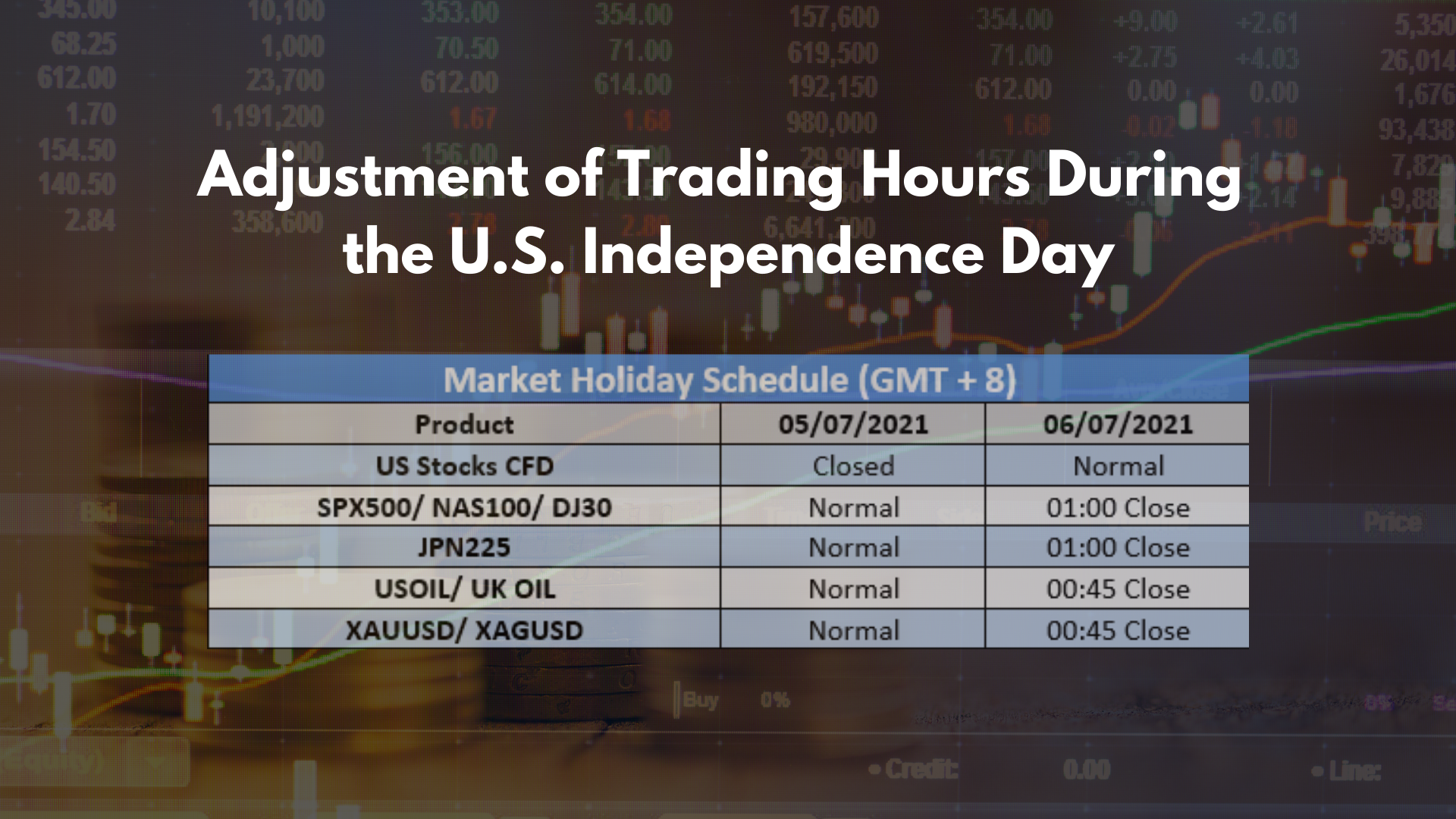
US To Block Imports From China Amid Forced Labour

US To Block
Imports From China Amid Forced Labour
The US Customs and Border Protection (CBP)
officials are currently preparing orders to block imports of cotton and tomato
products from China’s Xinjiang region. The action comes amid allegations over forced
labour involved in producing the goods. However, according to a CBP spokesman,
the formal announcement on the action has been delayed until later this week
due to ‘scheduling issues’.
The cotton and tomato bans, along with other import
bans over the abusing of forced labor is widely expected to worsen the trade
war tension between the two largest economies. The US ‘Withhold Release Orders’
allow the CBP to detain any shipments found suspicious of involving
forced-labour under US laws, which aimed to combat human rights abuses.
The Trump administration is adding pressure on
China over its treatment of Xinjiang’s Uighur Muslims. The United Nations (UN)
said that they received credible reports that over 1 million Muslims have been
detained in camps where they are forcibly put to work. However, China denied
any mistreatment of the Uighurs while claiming that the camps are vocational
training centers to fight extremism.
CBP Executive Assistant Commissioner Brenda Smith
said that the import bans, once effective, will be applied to all supply chains
that involve any cotton and tomato products exported from the Xinjiang region.
Smith also said that the CBP would further investigate the matter as they have
reasonable but not conclusive evidence of forced labour involved. Under US law,
the agency must detain shipments when allegations of forced labour are
reported.
The bans could potentially have a long-term impact
on US retailers, apparel producers, and food manufacturers. China produces over
20 per cent of the world’s cotton, where most of it comes from Xinjiang. China
is also the world’s largest importer of cotton, including from the US. A
Beijing-based cotton trader claimed that the ban’s impact of may be limited as
China imports more than 2 million tonnes of cotton and 2 million tonnes of
cotton yarn each year. This is sufficient to produce textiles for the US as
Xinjiang’s output is around 5 million tonnes.
US lawmakers in March proposed legislation that
would effectively assume that all goods produced in Xinjiang are made with
forced labour, requiring certification from the producers to prove otherwise.
Whereas in July, the US issued an advisory stating that companies carrying out
business in Xinjiang or using Xinjiang labour could potentially be exposed to
reputational, economic, and legal risks. The US State Department also issued
warning letters to top American companies such as Walmart Inc, Apple Inc, and
Amazon.com Inc of the risks involved from maintaining supply chains associated
with human rights abuses in the Xinjiang region.
The CBP’s orders would effectively block cotton
produced by the Xinjiang Production and Construction Corps and apparel produced
by Yili Zhuowan Garment Manufacturing Co Ltd and Baoding LYSZD Trade And
Business Co Ltd. It says that these entities use prison labour from the Chinese
government administered ‘re-education’ internment camps. Furthermore, the
orders would also block imports of products made at the Lop County Industrial
Park and the Lop County No.4 Vocational Skills Education and Training Centre.
This decision comes amid the detention of goods from the Lop County Meixin Hair
Product Co in July.

Follow Regain capital
latest articles
-
- Mar 11,2022

-

-

-
- Sep 09,2021

-

-
- Oct 22,2020
































